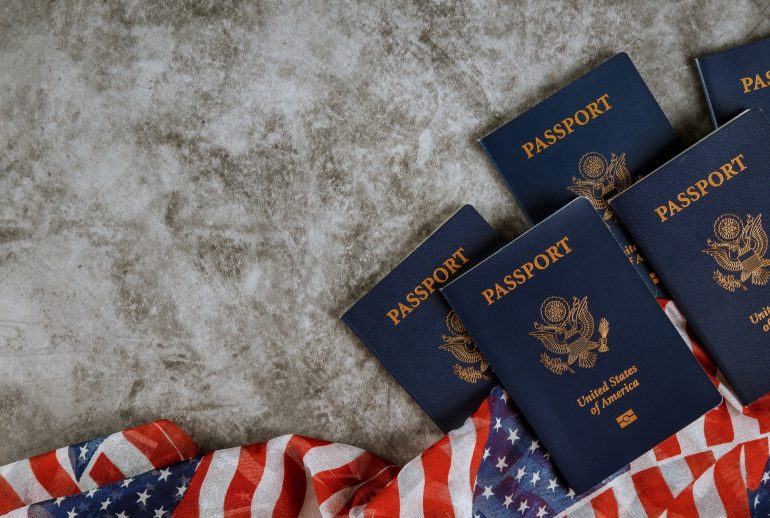Becoming a U.S. citizen is a significant milestone, but many wonder whether citizenship can be revoked. While rare, U.S. citizenship can be stripped through a legal process known as denaturalization. Understanding the grounds for revocation and how to avoid issues is crucial for naturalized citizens.
Legal Grounds for Citizenship Revocation
The U.S. government can revoke citizenship under the following circumstances:
- Fraud or Misrepresentation: If an individual obtains citizenship through fraud, concealment of a material fact, or willful misrepresentation, their naturalization can be revoked.
- Example: Providing false information on immigration forms, failing to disclose past criminal history, or using a false identity.
- Affiliation with Prohibited Organizations: If a person is found to have been affiliated with terrorist organizations, the Nazi regime, or other prohibited groups at the time of naturalization, they can face denaturalization.
- Refusal to Testify Before Congress: Individuals who obtained citizenship and later refuse to testify before Congress regarding subversive activities can have their citizenship revoked.
- Dishonorable Military Discharge: If a person gains citizenship through military service but is dishonorably discharged before completing five years of honorable service, their citizenship can be revoked.
- Voluntary Renunciation: Although not technically revocation, a U.S. citizen can voluntarily give up their citizenship by renouncing it at a U.S. embassy or consulate abroad.
The Denaturalization Process
Denaturalization is a legal process that typically involves:
- A thorough investigation by the U.S. Department of Justice.
- A lawsuit filed in federal court by the U.S. government.
- If found guilty, the court issues an order revoking citizenship.
Unlike visa revocations, denaturalization is a civil procedure, but in some cases, it may lead to deportation.
Can a Natural-Born Citizen Lose Citizenship?
Unlike naturalized citizens, individuals born in the U.S. cannot have their citizenship revoked unless they voluntarily renounce it. Even dual citizens generally do not lose U.S. citizenship unless they take specific actions to relinquish it.
How to Protect Your Citizenship
To avoid any risks of denaturalization:
- Be truthful on all immigration applications and interviews.
- Maintain a clean legal record and avoid activities that may raise concerns with federal authorities.
- If you have concerns about your immigration history, consult an immigration attorney.
Need Immigration Assistance?
At Visa Immigration Pro, we help immigrants navigate complex legal matters, from naturalization to safeguarding citizenship status. If you have concerns about your citizenship or legal status, contact us today for expert guidance.


